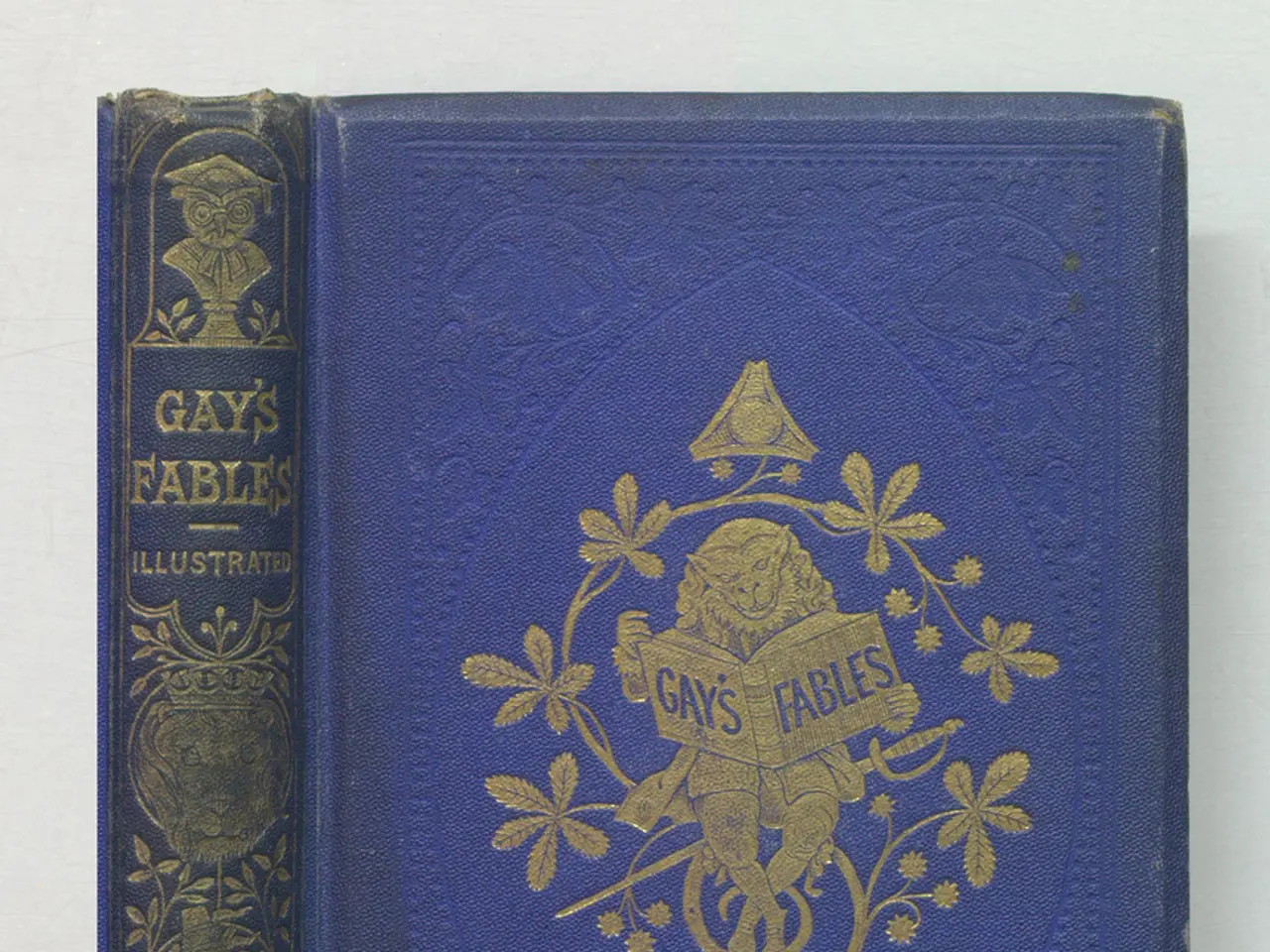Support for Individuals Experiencing Both Gay Identity and Bipolar Disorder: Resources Available
In the LGBTQIA+ community, the prevalence of bipolar disorder is significantly higher than in the general population. This elevated rate can be attributed to a complex interplay of social discrimination, minority stress, co-occurring mental health disorders, substance abuse, and inadequate psychosocial support.
For those struggling with bipolar disorder, help is available. National hotlines provide free, confidential assistance from trained professionals 24/7. The 988 Lifeline, Crisis Text Line, and Befrienders Worldwide offer support for individuals in crisis. If someone is at risk of suicide, calling 911 or a local emergency number immediately is essential.
When seeking a mental health professional, it's important to ask questions to ensure their competence and alignment of views. Consider looking for a professional who is also LGBTQIA+ or understands common LGBTQIA+ issues. Referrals from trusted friends or loved ones can be beneficial in finding the right mental health professional.
Joining a local support group for gay people can provide invaluable emotional support, while joining a local advocacy organization can connect a person to more resources and reduce isolation. Building a relationship with the professional is key to ensuring they can truly help.
Co-occurring mental health issues are prevalent within the LGBTQ+ community. Studies show that 30-60% of LGBTQ+ people experience anxiety or depression during their lives, rates 1.5 to 2.5 times higher than heterosexual or cisgender peers. Substance abuse rates are also significantly higher in LGBTQ+ populations, and substance misuse can both trigger and exacerbate bipolar episodes.
LGBTQIA+ individuals face persistent prejudice, discrimination, and social exclusion, which generates chronic stress and trauma, leading to higher vulnerability to mood disorders such as bipolar disorder. The lack of social support and acceptance intensifies distress and can lead to increased psychiatric hospitalizations and suicide risk.
In addition to professional help, joining a school counseling center can offer free or low-cost services and education for gay students. Removing weapons or substances that can cause harm, if safe to do so, is advised if you're calling on behalf of someone else. If you're not in the same household, staying on the phone with them until help arrives is recommended. If calling on behalf of someone else, staying with them until help arrives is essential.
Gay people may find relief from bipolar disorder with a combination of medications, therapy, and social support. With the right resources and care, it's possible to manage bipolar disorder and live a fulfilling life.
In the light of the prevalence of co-occurring mental health issues, such as bipolar disorder, in the LGBTQIA+ community, it's equally important to address mental-health issues related to bipolar disorder, like the high rates of suicide (1.5 to 2.5 times higher than heterosexual or cisgender peers). For individuals grappling with bipolar disorder and seeking help in the realm of health-and-wellness and mental-health, it's essential to consider science-backed treatment methods, such as medications and therapy, as well as support groups focused on mental health specifically for the LGBTQIA+ community (like those offered by organizations such as The 988 Lifeline, Crisis Text Line, and Befrienders Worldwide).




